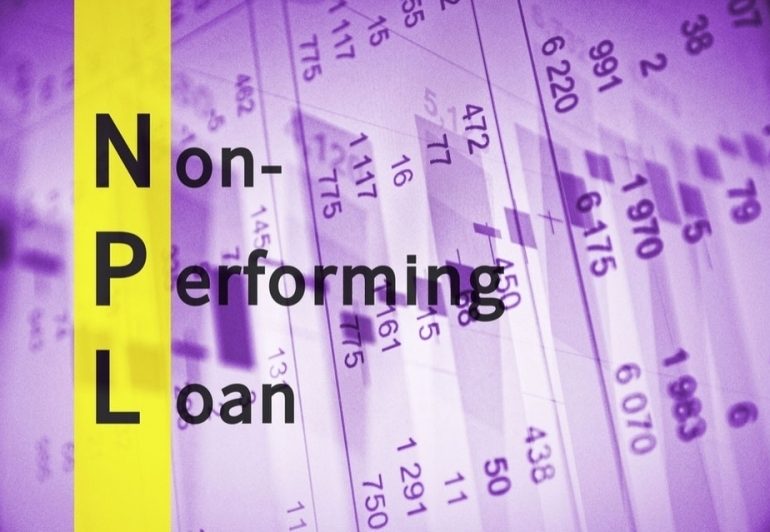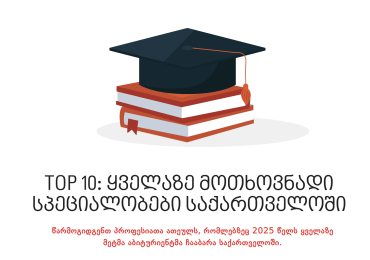In total, according to the Stability of Financial Systems index, Georgia stands 88th on the list of the countries in the world.
1.34% of the loans in the world are so called Non-Performing Loans. In China with its lowest indicator only 0.28% of the loans are Non-Performing Loans, whereas, Cyprus has the highest indicator with 48% of the loans being NLPs. WEF calculates the share of such loans in relation to overall credit portfolios by using the International Monetary Foundation data. One of the criteria of the global economic competitiveness report is related to overdue loans. To be more precise, WEF uses this criterion to assess the level of financial stability of 135 countries around the world. In total, according to the Stability of Financial Systems index, Georgia stands 88th on the list of the countries in the world. Compared to the previous year, Georgia’s position dropped (i.e. worsened) by 25 places this year.
According to the WEF report, in 2017 approximately 3.4% of the loans in Georgia were outstanding loans, rendering Georgia a 26th place in the world. Higher indicators are recorded in France (3.6%), Latvia (3.7%), Lithuania (3.7%), Poland (4%), and Czech Republic (4.6%).
In Azerbaijan the share of outstanding loans in overall loans is 13.8%, holding a 118th place in the world. In Italy, it is 17.1%, in Tajikistan 19.1%, in Ukraine 30.5%, and in Greece over 36%.
The lowest share of NLPs in overall loans is recorded in China, followed by the Republic of Korea and New Zealand, both with 0.5%. In fourth place with 0.6% is Canada, and the top five is completed by Switzerland with 0.7%. The following countries have lower indicators than Georgia: Turkey (3.1%), Belgium (3.4%) and Denmark (3.2%).
According to latest data by the National Bank, in September the overdue loans (the ones that are overdue by 90 days or more) have been reduced by 6.7 million GEL and amount to 397.6 million GEL. Their share in commercial bank’s credit portfolios was 1.6 percent. 51.9 percent of the overdue loans are denominated in national currency.
With regards to the share of loans denominated in foreign currency in overall loans, Armenia has one of the highest indicators in the region with 61.9%. According to the 2017 QII data by the International Monetary Foundation, in Moldova, 40% of the loans are loans denominated in foreign currency, in Turkey this indicator is 30.1%, in Ukraine 48%, and in Russia 47%.
In Estonia however, only 0.7% of the loans are foreign currency loans and only 10.4% in Germany.
















